I have made a following custom logs function to print all console log messages. Using this function I can control with a single flag variable to either print or not logs throughout the app.
var Utilities = {
showLogs: true,
printLog: function (msg) {
if (this.showLogs) {
console.log(msg);
}
}
};
and I call it as:
Utilities.printLog("a message to print on console");
It works fine as expected. But it has one limitation i.e. its not showing the correct line no# and file name where this was called to print the logs.
One solution is to provide extra parameters to print line no# & file name along with the message.
for instance:
Utilities.printLog("a message to print on console", "10","common.js");
Utilities.printLog("a message to print on console", "310","myLib.js");
I dont want these extra parameters and like to know if there is another option available.
Update:
I tried the V8's Stack Trace API http://code.google.com/p/v8/wiki/JavaScriptStackTraceApi but it only helps in cases when an exception is generated inside try catch block.
First override the Error.prepareStackTrace and create a tracing function like this:
Error.prepareStackTrace = function(error, stack) {
return stack;
};
function getTrace(e) {
var stack = e.stack;
var trace = "";
for (var i = 0; i < stack.length; i++) {
trace += "\r" + stack[i];
}
return trace;
}
and created two sample js files.
libObj.js
var libObj = {
getCube: function(x){
return mathLib.cube( x );
}
};
mathLib.js
var mathLib = {
cube: function(x){
return evilObj * x * x; //see the undefined evilObj --- lets catch trace here
}
};
Now from a third js file (or in my case inside the HTML file) I call the function within the try catch block to see the precise trace of the vulnerable code.
<script type="text/javascript">
try {
var results;
results = libObj.getCube(2);
console.log( results );
} catch (e) {
console.log( getTrace(e));
}
</script>
Now I get below trace of the vulnerable code:

Note:- If you do not override the Error.prepareStackTrace then it gives, I think pretty formatted trace...though both have same info.
Without overriding Error.prepareStackTrace:

Now the question remains open, how I can capture similar trace for my custom logs function as defined above.